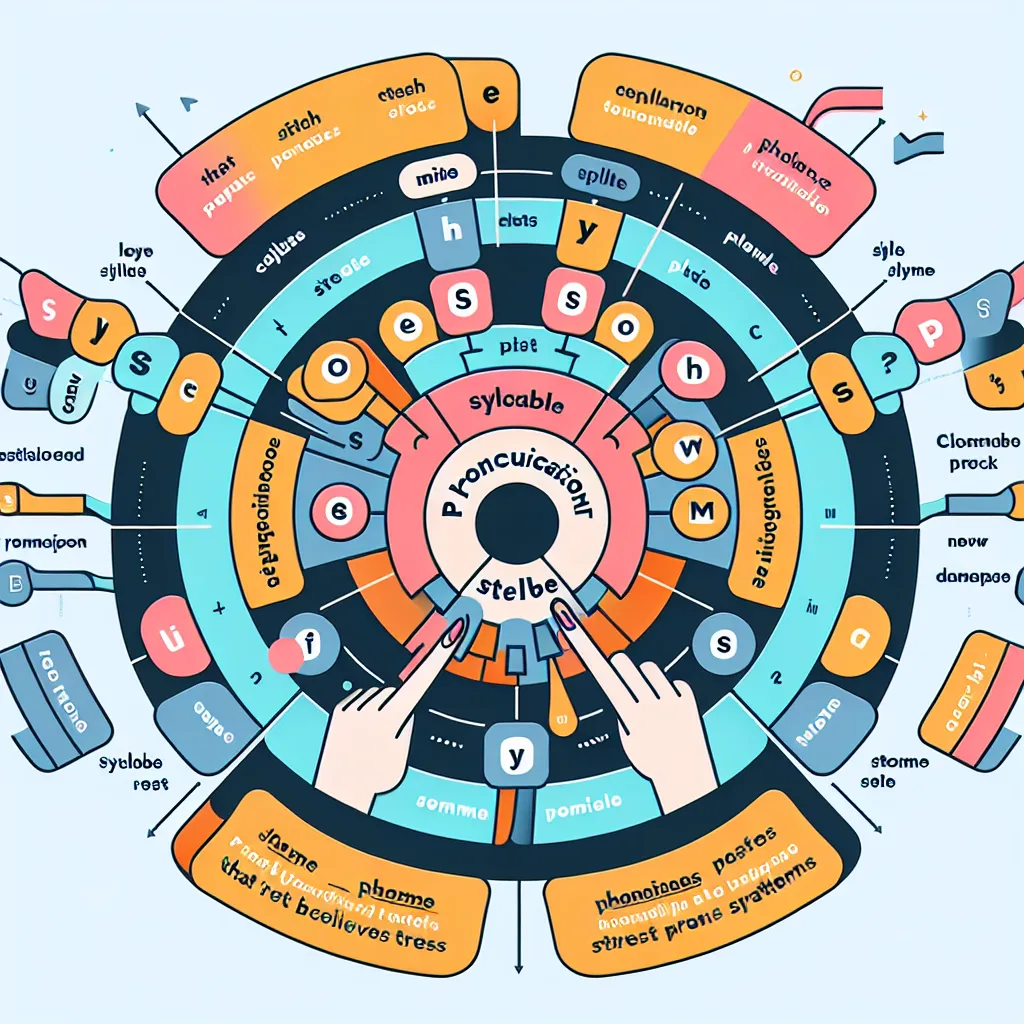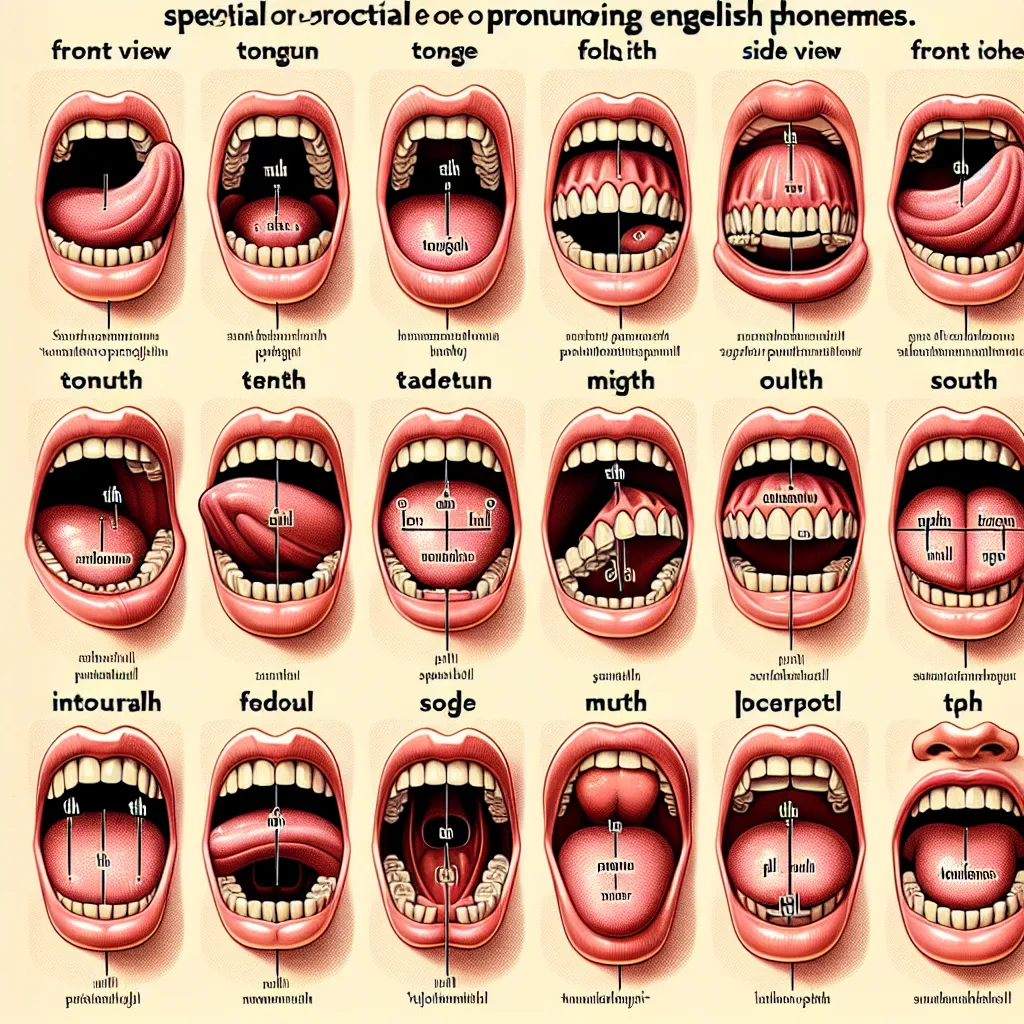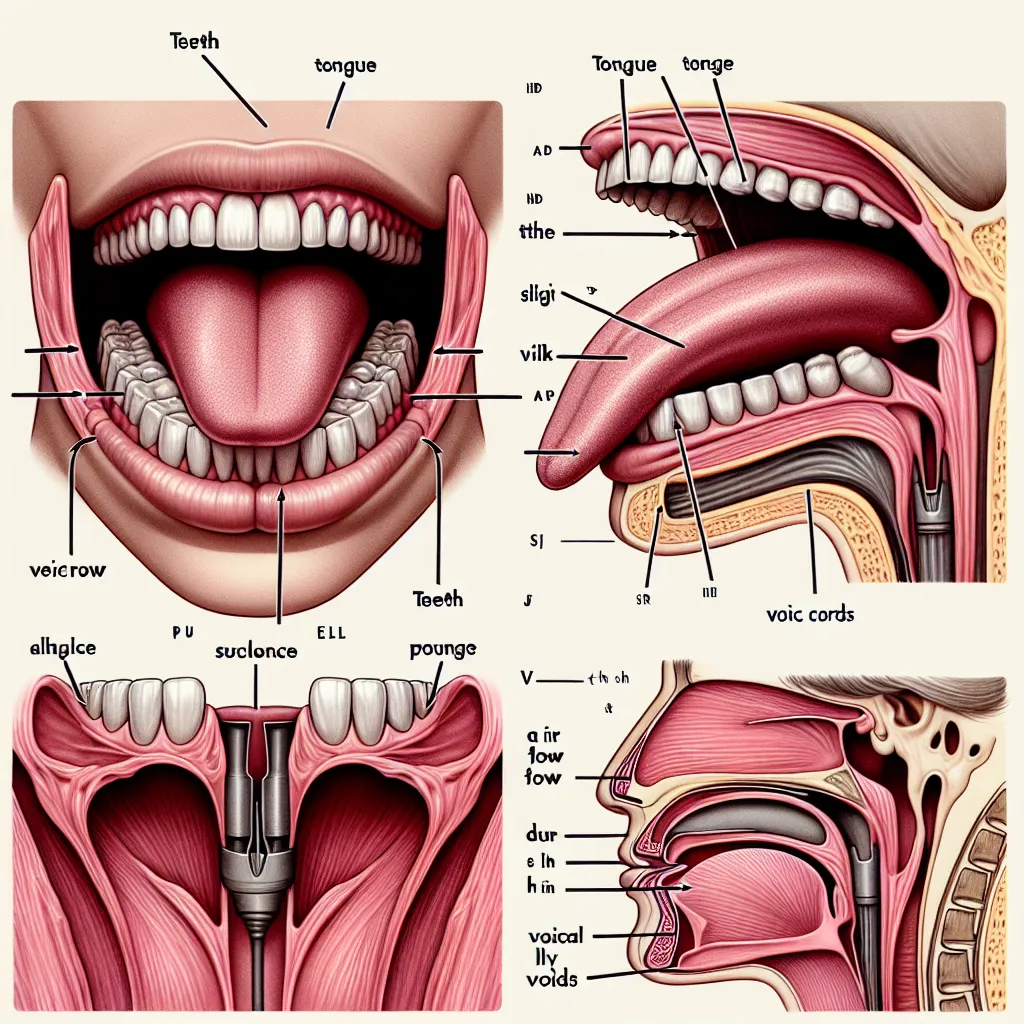Are you struggling with English pronunciation? Do you find it challenging to articulate certain words or sounds? You’re not alone. Many learners face difficulties when it comes to pronouncing English words correctly. However, there’s a powerful technique that can significantly enhance your pronunciation skills: breaking down words. In this comprehensive guide, we’ll explore how to improve your pronunciation by dissecting words into smaller, manageable parts.
Understanding the Importance of Word Breakdown in Pronunciation
Breaking down words is a fundamental strategy in mastering English pronunciation. This method involves dividing words into smaller units, such as syllables or individual sounds, to better understand and reproduce them. By doing so, learners can focus on specific pronunciation challenges and gradually build their skills.
The Basics of Word Breakdown
To effectively break down words, it’s essential to understand some basic concepts:
-
Syllables: These are units of pronunciation that typically consist of a vowel sound, with or without surrounding consonants. For example, the word “pronunciation” has five syllables: pro-nun-ci-a-tion.
-
Phonemes: These are the smallest units of sound that distinguish one word from another in a language. In English, there are approximately 44 phonemes.
-
Stress: This refers to the emphasis placed on certain syllables within a word. For instance, in “pronunciation,” the stress is on the fourth syllable: pro-nun-ci-A-tion.
Understanding these elements is crucial for breaking down words effectively and improving your pronunciation.
 Word breakdown concept
Word breakdown concept
Why Breaking Down Words Works
Breaking down words is effective for several reasons:
- Simplification: It makes complex words more manageable by focusing on smaller units.
- Improved accuracy: By isolating specific sounds, you can practice them more precisely.
- Better stress and intonation: Understanding syllable structure helps with proper word stress.
- Enhanced memory: Breaking words into parts can make them easier to remember and pronounce correctly in the future.
Techniques for Breaking Down Words
Now that we understand the importance of word breakdown, let’s explore some practical techniques to improve your pronunciation.
1. Syllable Separation
Start by dividing words into syllables. This helps you focus on one part at a time and ensures you don’t miss any sounds. For example:
- Comfortable: com-for-ta-ble
- Enthusiastic: en-thu-si-as-tic
- Pronunciation: pro-nun-ci-a-tion
Practice pronouncing each syllable separately, then gradually combine them.
2. Identify Stressed Syllables
English words often have one primary stressed syllable. Identifying and emphasizing this syllable is crucial for proper pronunciation. For instance:
- PHO-to-graph (stress on the first syllable)
- pho-TO-gra-phy (stress on the second syllable)
- pho-to-GRA-pher (stress on the third syllable)
Pay attention to how the stress changes the overall sound of the word.
3. Focus on Individual Sounds
Break words down further by focusing on individual phonemes. This is particularly helpful for sounds that don’t exist in your native language. For example, the “th” sound in English:
- Think: /θɪŋk/
- This: /ðɪs/
Practice these sounds in isolation before incorporating them into full words.
 Phoneme practice chart
Phoneme practice chart
4. Use Phonetic Transcription
Learning to read and use phonetic transcription can greatly aid in breaking down words. The International Phonetic Alphabet (IPA) provides a standardized way to represent sounds. For example:
- Beautiful: /ˈbjuːtɪfʊl/
- Pronunciation: /prəˌnʌnsiˈeɪʃən/
By understanding these symbols, you can more accurately reproduce the sounds of English words.
5. Chunk Words into Meaningful Parts
For longer words, try breaking them into meaningful chunks or morphemes. This can help with both pronunciation and understanding. For instance:
- Unbelievable: un-believe-able
- Misunderstanding: mis-under-stand-ing
This method can also help you recognize patterns in word formation, which can improve your overall language skills.
Common Pronunciation Errors and How to Avoid Them
When breaking down words, be aware of these common errors:
-
Ignoring silent letters: Remember that some letters in English are not pronounced, like the “k” in “knife” or the “b” in “comb.”
-
Mispronouncing vowel sounds: English has many vowel sounds that may not exist in your native language. Pay close attention to the differences between short and long vowels.
-
Incorrect word stress: Placing stress on the wrong syllable can change the meaning or make the word difficult to understand. Always check the correct stress pattern.
-
Over-pronouncing: Some learners try to pronounce every letter, which can lead to unnatural-sounding speech. For example, the “t” in “often” is often silent.
-
Neglecting linking sounds: In natural speech, words often link together. Practice connecting words smoothly, like “an apple” sounds like “a napple.”
By being aware of these common errors, you can focus on avoiding them as you break down and practice words.
Phonemic Chart and Commonly Mispronounced Words
Here’s a simplified phonemic chart to help you visualize English sounds:
[Insert simplified phonemic chart here]
And here are 10 commonly mispronounced words related to our topic, along with their correct pronunciations:
- Pronunciation: /prəˌnʌnsiˈeɪʃən/ (not “pronounciation”)
- Syllable: /ˈsɪləbəl/
- Phoneme: /ˈfoʊniːm/
- Intonation: /ˌɪntəˈneɪʃən/
- Articulation: /ɑːrˌtɪkjʊˈleɪʃən/
- Enunciate: /ɪˈnʌnsieɪt/
- Diphthong: /ˈdɪfθɒŋ/
- Schwa: /ʃwɑː/
- Rhythm: /ˈrɪðəm/
- Liaison: /liˈeɪzən/
Practice these words by breaking them down and focusing on each sound component.
Conclusion
Improving your English pronunciation by breaking down words is a powerful technique that can significantly enhance your speaking skills. By focusing on syllables, stress patterns, and individual sounds, you can tackle even the most challenging words with confidence.
Remember, consistent practice is key. Use these techniques regularly, and don’t be afraid to record yourself and seek feedback. With time and effort, you’ll notice a marked improvement in your pronunciation accuracy and overall fluency.
For more tips on improving your English pronunciation, check out our related articles on how to pronounce English words with diphthongs and how to improve pronunciation using focused feedback.
We’d love to hear about your experiences with breaking down words to improve pronunciation. Share your thoughts and questions in the comments below!




